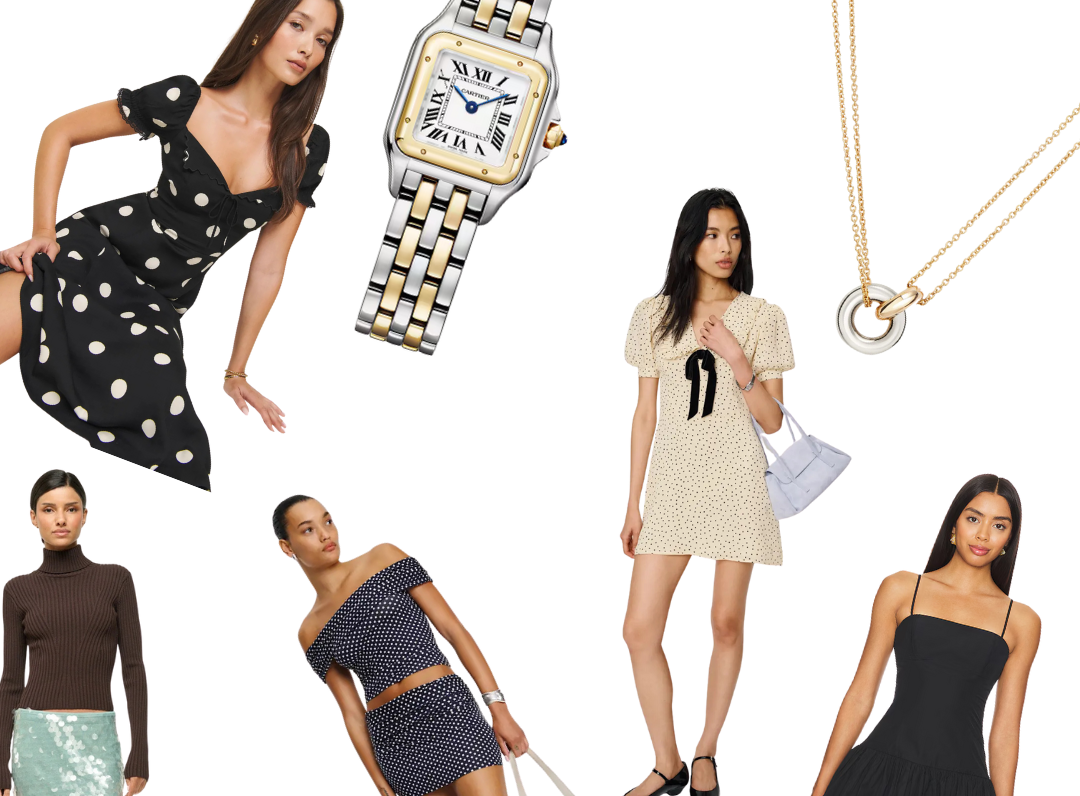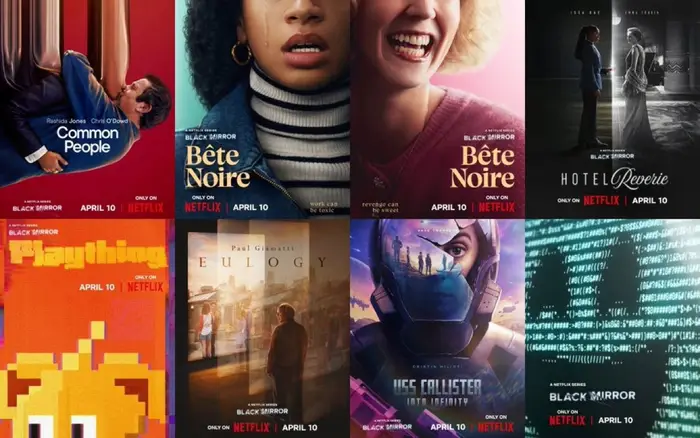
“Brandy Hellville & the Cult of Fast Fashion,” a documentary released in March, exposes the fatphobic, toxic culture camouflaged within a brand many teen girls adore. Brandy Melville, a fast fashion clothing company established in Italy in the early 1980s, did not open in the U.S. until 2009. It gained popularity in 2014 alongside the rise of the Tumblr aesthetic. The brand targeted a specific type of girl: One who was thin, blonde, and fit the “Brandy lifestyle.” The store is decorated with fairy lights, flags, and beachy wooden signs, and the staff consists of thin girls dressed head-to-toe in Brandy. The infamous one-size-fits-all policy has faced controversy and criticism over the years, prompting many to wonder what the point of the exclusive one-sizing and its message.
The documentary features interviews with past employees and people who worked alongside founders Silvio and Stephan Marsan. Allegedly, the Marsans preferred carrying one size to maintain exclusivity. They kept tabs on their employees by requiring daily “staff style” photos, full body shots taken at the start of each shift. The former vice president said Stephan Marsan instructed him to fire certain employees if he disliked their looks. Employees shared that they often had difficulty fitting into the clothes, and struggled with disordered eating habits out of fear that they would be fired if they could not fit into the clothing. One former employee was told she was fired because upper management did not like her body type. This environment was extremely harmful to the employees and reflects the corrupt values of the company.
Another unusual characteristic of Brandy Melville is its marketing strategies. Since its establishment, Brandy has held no sales and had no direct advertisements, solely relying on social media influence. Social media has played a significant role in promoting disordered eating. After Instagram was launched in 2010, marketing via influencer reviews on sites like Tumblr, Instagram, and TikTok grew in popularity. Brands reposted videos of product reviews and images of customers in their apparel. Brandy frequently reposted these images, increasing their online presence to over 3 million followers. Influencers were sent free clothes to advertise the brand, encouraging young girls to post themselves and tag the brand in hopes of getting reposted. When it came to who was reposted, Brandy Melville’s Instagram feed, which featured predominantly skinny girls who fit their “vision,” instilled a damaging mindset and body image in consumers.
Today, Brandy Melville has only added to the toxicity surrounding body image, damaging young girls’ self-images. Between 2000 and 2018, a decade characterized by the rise of Brandy Melville, eating disorders doubled from 3.4 percent to 7.8 percent worldwide. Through Brandy’s one-size-fits-all system, the store has promoted unhealthy lifestyles to young, impressionable girls. Girls who are going through developmental times in their lives, dealing with insecurities that are amplified due to these exclusive standards, face a much higher probability of disordered eating in order to feel as if they fit into society’s expectations.






